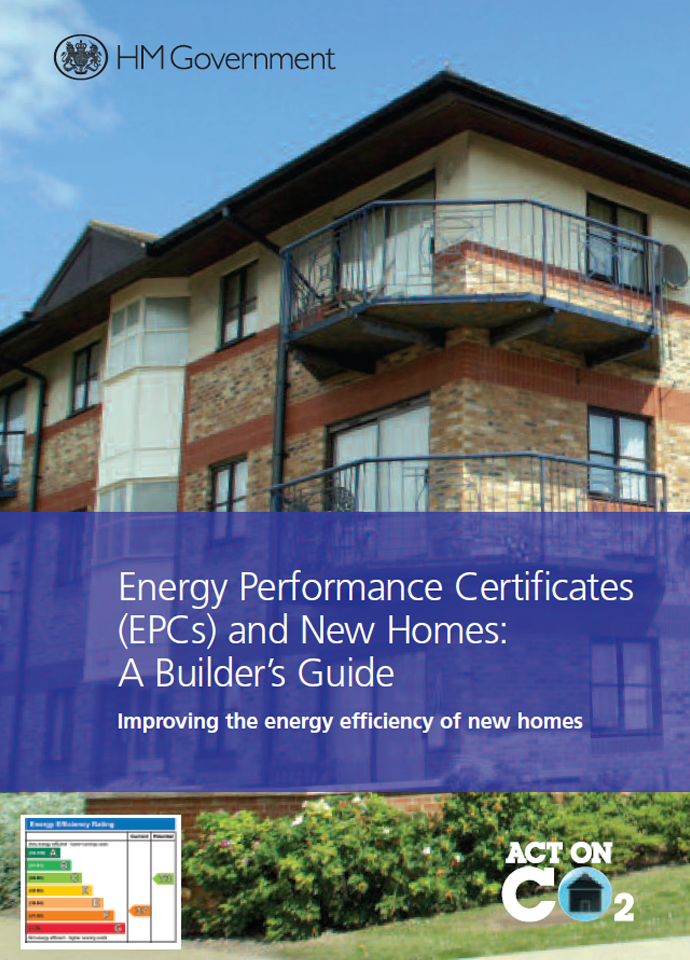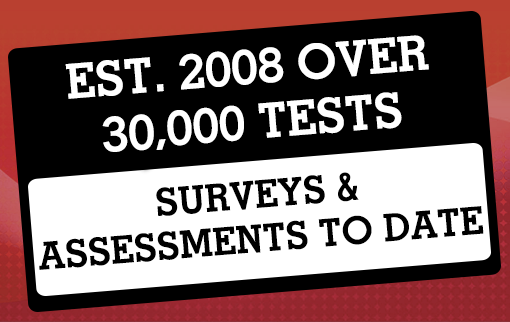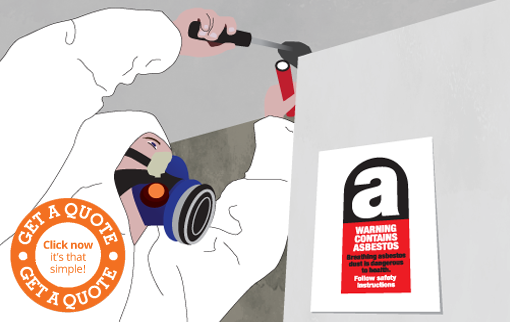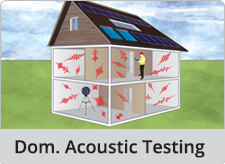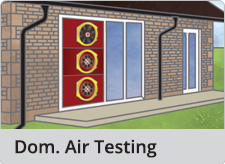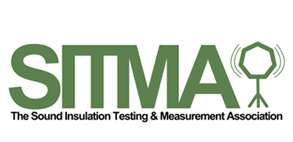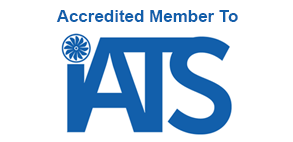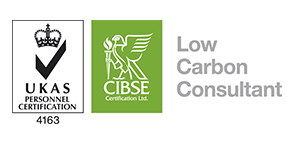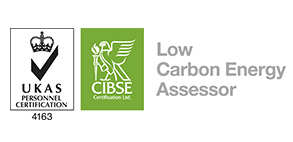Offices Nationwide

Air Testing & Leakage
We can offer additional services at discounted rates along side our tests! These are Sound Testing and Part F. Ask our Consultants for more

Sound Levels
Decibels (dB) are most commonly used as a measure of sound level, but they are also used in electronics, signals and communications...more
Banff - Commercial Asbestos Management Surveys - 0141 894 0107
The office that covers this area is: Glasgow
Phone Number: 0141 894 0107 Email: banff@e2consultants.co.uk
Asbestos_Survey is sometimes referred to as Fire Risk Assessment, Fire Risk Assessment, Fire Risk Assessment, Fire Risk Assessment, Fire Safety.
Surveyor Qualifications
Our experienced asbestos team that covers Banff are qualified asbestos management, refurbishment and demolition surveyors for industrial, commercial and domestic buildings. We can also undertake a Commercial EPC at the same time to provide you with a cost-effective package deal where needed.
All of our surveyors are holders of the BOHS (British Occupational Hygiene Society) P402 qualification - the statutory proficiency certificate in 'Building Surveys and Bulk Sampling for Asbestos'. E2 Consultants have a professional and friendly approach and our surveying team are here to help. We will work with you to create a cost-effective method and approach to your situation, to speak to one our consultants call now on 0800 043 8100 or send your query to Asbestos-Survey@e2consultants.co.uk.
Asbestos Legislation
A risk assessment must be undertaking by employeers for employees when work is likely to involve asbestos. This should include a plan of how the work is to be carried out as well as outline, and provide solutions to, any asbestos-related issues that may occur. All information must be kept up-to-date and available to anyone who may work or disturb the asbestos containing material (ACM).
The Control of Asbestos Regulations 2012 (Reg 4) places an explicit duty on those responsible (the duty holder) for any commercial premises to identify and manage asbestos containing materials that may be present in the property.
What Is Asbestos?
The trade and use of asbestos has been restricted or banned in many jurisdictions in Banff. Asbestos is basically a set of six naturally occurring silicate minerals used for their desirable physical properties. Though mined from rock, when broken down it breaks apart into tiny fibres.
Though three types have been widely used in building materials there are actually types of asbestos. The main ones are Chrysotile (white), Amosite (brown) and Crocidolite (blue). Blue is usually the most dangerous followed by brown and then white.
What's Involved In An Asbestos Survey?
For a refurbishment/demolition, or type 3, survey, a more destruction method is used over a management survey, as the name suggests. One of our asbestos surveyors will use means such as drilling floor slabs or knocking through walls to access areas where planned work will be undertaken. This ensures that when the building is converted of knocked down that the next team in won't risk running into any asbestos that could be hazardous to their health and slow the project.
For an asbestos management survey, formally a type 2 survey, one of our surveyors will take small samples of suspected asbestos from a property to be sent to a lab for testing. They will also note each room in the building and the materials used in its construction - any area unaccessible will be marked as such to indicate the possibility of asbestos.
Where Can Asbestos Be Found?
Generally speaking, people through Banff think Asbestos is just for insulation and found in the roof or a wall. Though true, Asbestos can also be used in toilet cisterns, Artex, water tanks (pre-1980), fire insulation, floor tiles, boilers and flash guards.
Our other services include:
Commercial Asbestos Management Surveys can also be known as:
P402 Asbestos Survey, P402R Asbestos Survey, Commercial P402R Asbestos Survey, Commercial Asbestos Refurbishment Survey, Asbestos Survey, Asbestos Demolition Survey, Commercial P402 Asbestos Survey, Asbestos Management Survey, Asbestos Refurbishment Survey, Commercial Asbestos Survey, Commercial Asbestos Management Survey, Commercial Asbestos Demolition Surveys,


Copyright 2025 E2 Specialist Consultants Limited
Company No. 06728970













